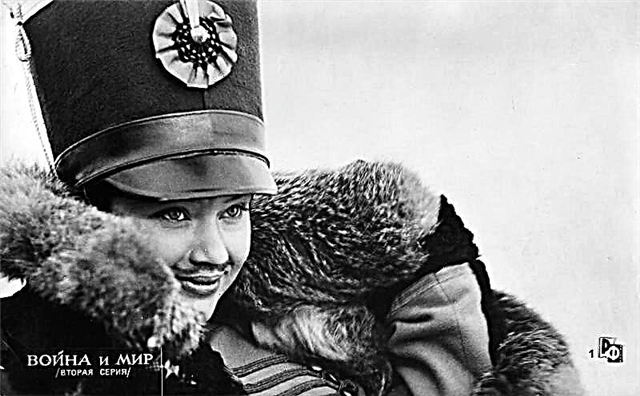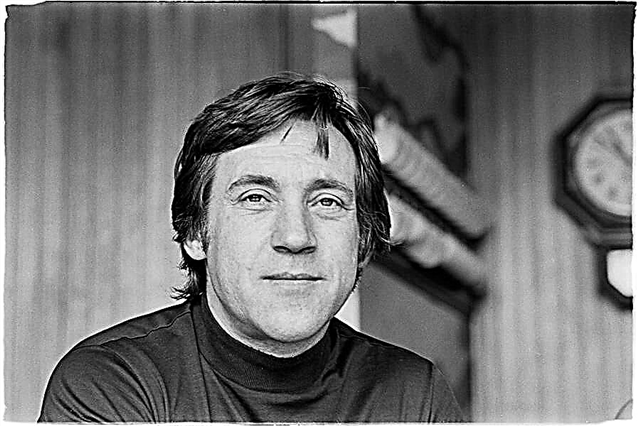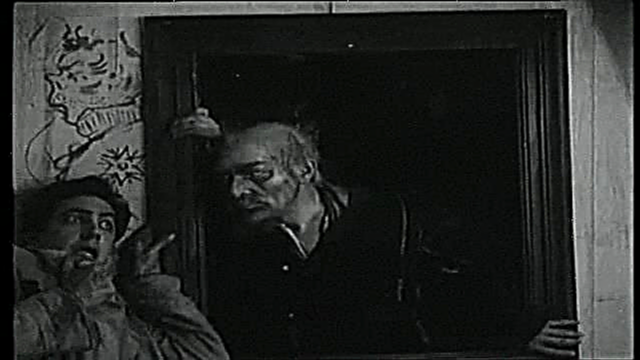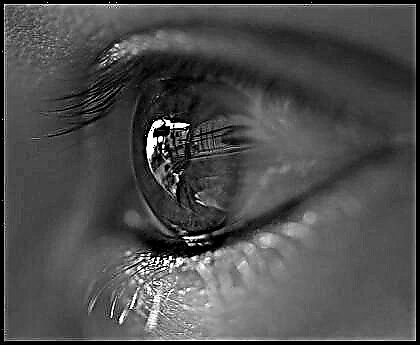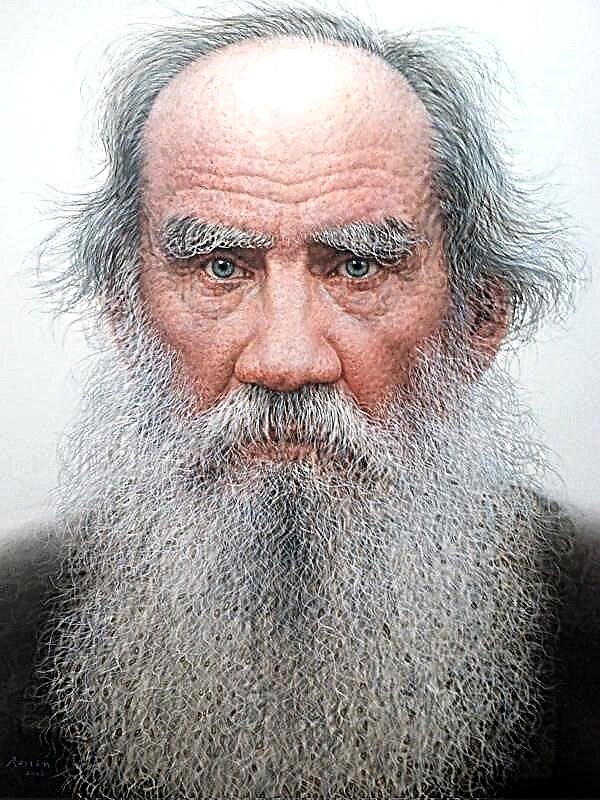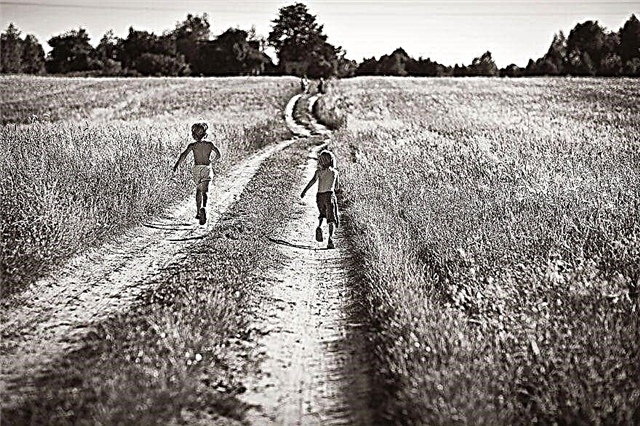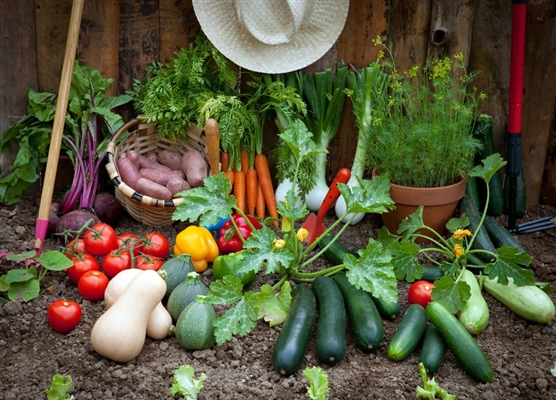Landscape lyrics F.I. Tyutcheva occupies a special place in Russian literature. This poetry will always attract the reader with its unique depth and vivid imagery. The poem "Autumn Evening" is one of such pearls.
History of creation
F.I. Tyutchev wrote the poem Autumn Evening in October 1830. The poet was then in Munich as an attaché to the diplomatic mission.
It is noteworthy that abroad, the young writer was practically no one to speak in his native language - Russian. Only poetry and communication with his uncle N.A. Khlopov was able to fill this void. Probably, homesickness, autumn weather brought melancholy thoughts to Tyutchev, which served as an impetus for the creation of the poem "Autumn Evening".
Genre, direction and size
In this poem, Tyutchev’s youthful passion for Russian poetry of the 19th century is noticeable. This is manifested in the solemn odic nature of the work, in the use of bright epithets (touching, sad, orphaned), as well as in the use of incomplete forms (wind). However, Autumn Autumn refers to a mature period when the author is interested in Schelling, Blake, and Heine. At this time, Tyutchev formed his special natural philosophical poetry.
The versification is not inventive: the size of this work is a five-foot iambic, and the rhyme is a cross. Tyutchev is original in another, in particular, in rethinking the genre of landscape lyrics.
Composition
The poem has a harmonious three-part composition. A stanza of twelve lines can be divided into quatrains, and they will line up according to gradation in a special line: from a light landscape sketch to a deep philosophical conclusion.
- The first part is a landscape sketch. Here the thesis is put forward on which the whole work is built.
- In the second part, more dramatic paintings appear, telling the withering of nature.
- The finale of the poem is a philosophical conclusion where a parallel is drawn between a person and the world around him.
Images and Symbols
Along with typical images for the autumn image (crimson leaves, quiet azure), Tyutchev describes very unusual observations: an ominous brilliance, a wilting smile.
The lyrical hero of the poem is the thinker. His extraordinary view of the world allows him to see not only the usual subjects of an autumn evening, but also helps to discover something new, projects a reflection on the relationship between nature and man. He sees a meek smile in the paintings of fading, and the color of the leaves seems ominous to him.
Themes and mood
Autumn is traditionally associated with old age, followed by death. But, nevertheless, it cannot be argued that the poem is penetrated only by depressive tragic motives. The lyrical hero tries to see positive moments even through a melancholy mood: the luminosity of the evenings, the mysterious charm, a slight rustle.
Thus, the main theme of the essay is the opposition of wilting and unbending optimism. The author empathizes with nature, he is indifferent to its aging, but still the poet does not want to succumb to melancholy and sadness.
Idea
"Autumn evening" is one of the striking examples of natural philosophical lyrics by F.I. Tyutcheva. The general idea of such poems is a discussion about man and nature, a comparison of them. Tyutchev realized human insignificance in comparison with the Universe, and in some cases urged readers to take an example from the outside world.
In this poem, the main idea is the relationship of the autumn season with the "rational being." They are similar in that they experience a similar feeling, called the "divine bashfulness of suffering." It manifests itself in people and in the surrounding world in the same way - in a “meek smile”, they only show it in different ways: a person expresses her face, but in nature the leaves change color, the earth becomes empty, the sky becomes cloudy.
Means of artistic expression
The rich imagery of the work is achieved through the use of numerous means of artistic expression. Most often, the author turns to epithets, sometimes applying at once two definitions to the noun: “Touching, mysterious charm”, “languid, light rustling,“ gusty, cold wind ”.
Tyutchev compares the withering of nature with human suffering. There are inversions in the text: crimson leaves, sometimes a cold wind.
Avatar is the end-to-end path of the poem. This technique affects epithets (sad, orphaned, languid), nouns involved in the description of natural phenomena (smile, exhaustion). In addition, the “behavior” of the wind is explained by a premonition of “descending storms”. And all the processes that occur in nature in the fall are compared with human aging.

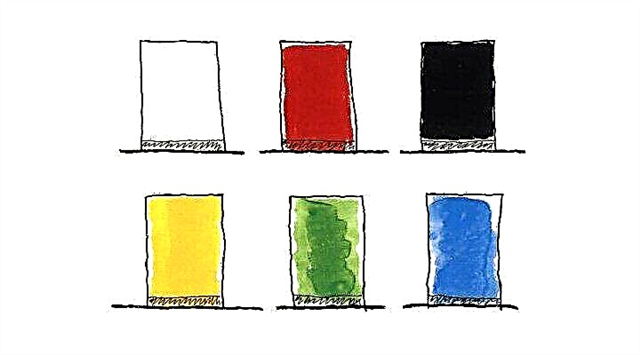
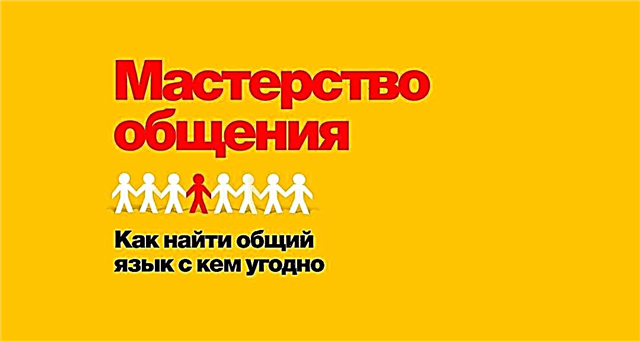 Communication skill
Communication skill